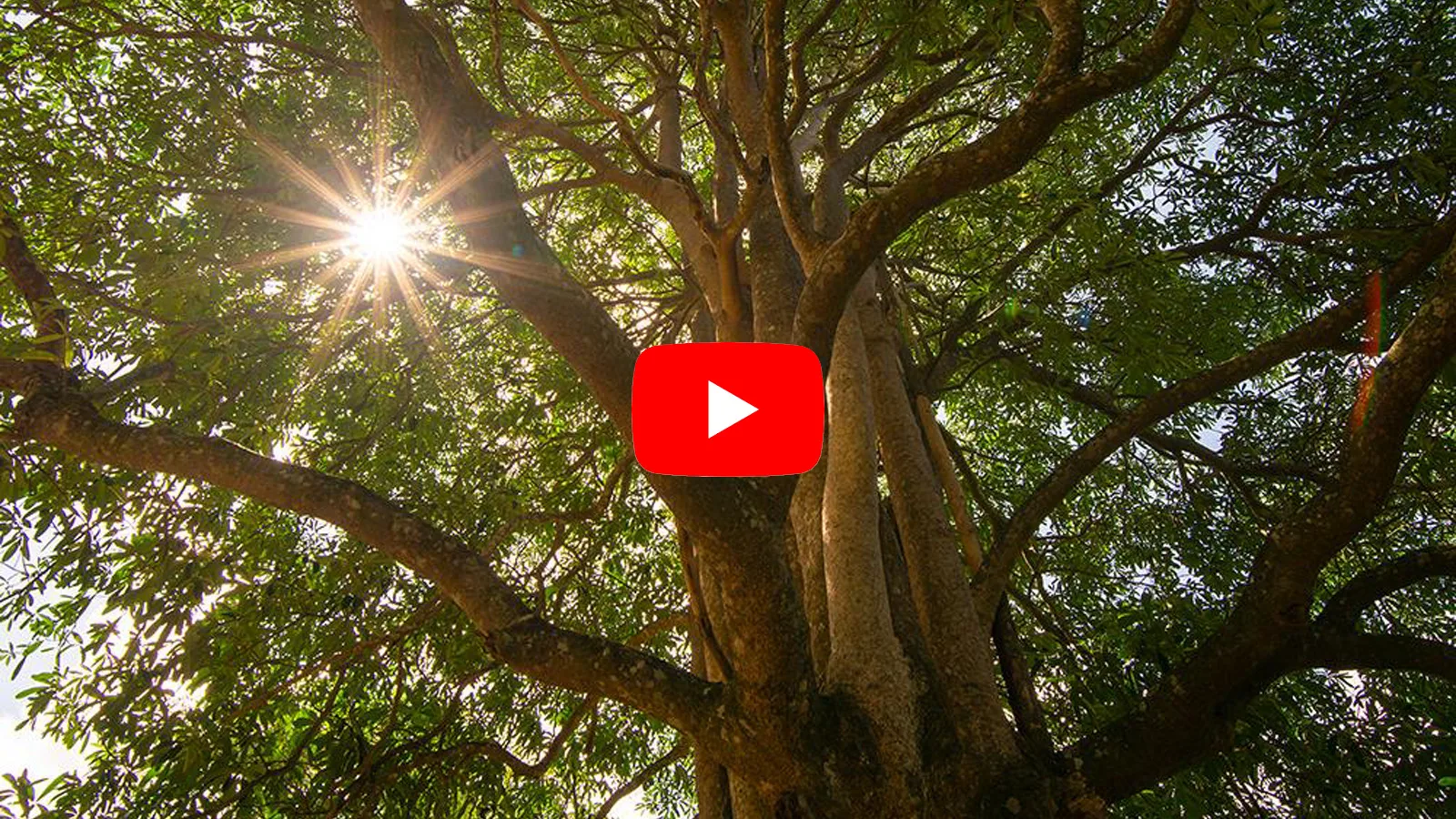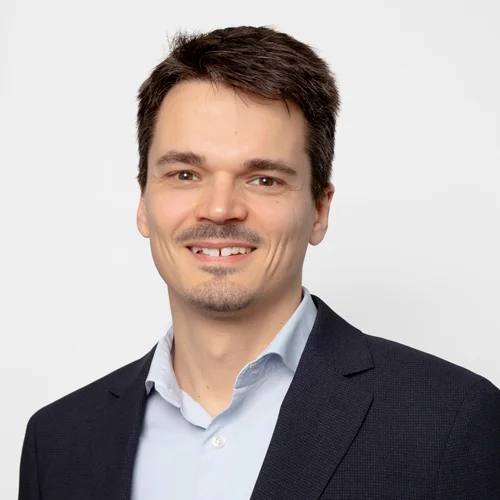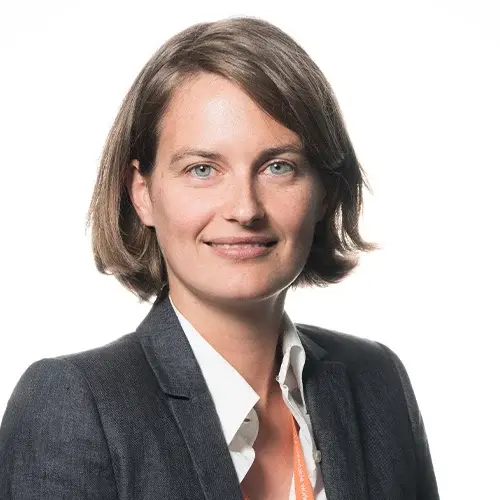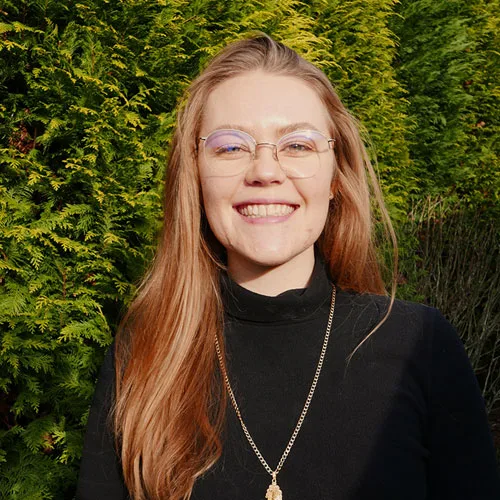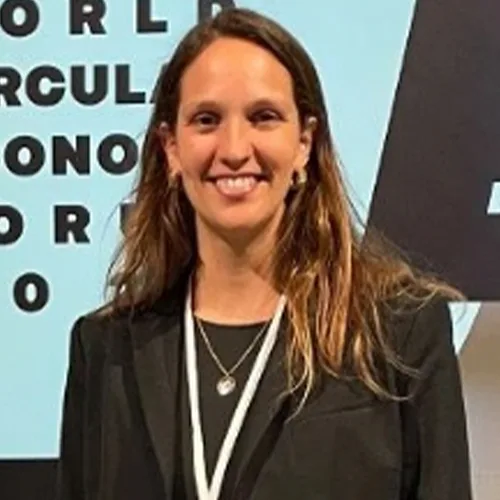Key focus areas of the program
Corporate performance and accountability system (CPAS)
- Focus: Guide companies in target-setting, measuring, reporting and disclosing progress on resource efficiency and circularity in a harmonized manner
- Key topics: data and metrics, internal steering and external communication, standard alignment
Comprehensive policy framework
- Focus: Support policy makers in creating the right incentives and establish a level playing field for businesses
- Key topics: regional and international targets, regulatory coherence, market incentives, enabling infrastructure
Science-based targets
- Focus: Define measurable and time-bound targets and in collaboration with key scientific partners, to help accelerate the shift towards circular business models and a regenerative economy.
- Key topics: sectoral pathways, material footprint reduction, alignment with climate and biodiversity goals
Impact potential of the GCP
The GCP represents a unique opportunity to align business, policy, and science around a common framework for circularity. By scaling adoption globally, it can drive measurable environmental, economic, and social benefits at a scale that matches today’s most urgent sustainability challenges.
An Impact Analysis report from 2024 highlights the potential of the GCP across environmental, social and economic dimensions:
76 gigatons CO₂-eq emissions reduced
11–12% annual reduction in PM2.5 air pollution (2026–2050)
120 billion tons of materials saved
Key outcomes of the GCP
Comparable data
The GCP supports the creation of decision-useful, harmonized information that strengthens accountability, builds investor trust, and directs capital towards circular solutions
Circular innovation
Through the GCP, businesses can unlock opportunities in products, services, and business models that drive efficiency and competitiveness
Risk management
Track and manage material flows across global supply chains to reduce risks and enable credible circularity reporting
Measurable impact
The GCP helps to measure circularity on a material, product and/or corporate level, connecting circular strategies directly to climate, nature, and equity outcomes for trusted, verifiable sustainability claims
Members involved
 |
 |
 |
 |
 |
 |
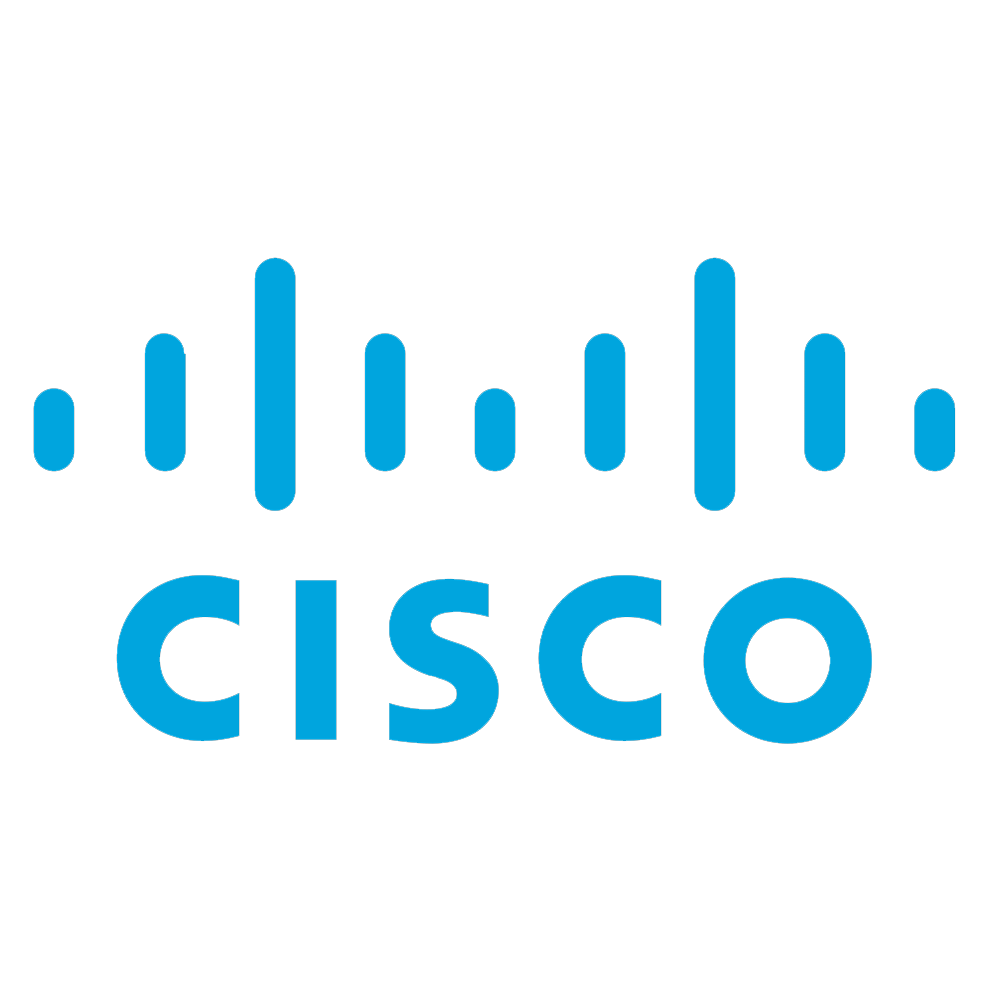 |
 |
|---|---|---|---|---|---|---|---|
 |
 |
 |
 |
 |
 |
 |
 |
 |
 |
 |
 |
 |
 |
 |
 |
 |
 |
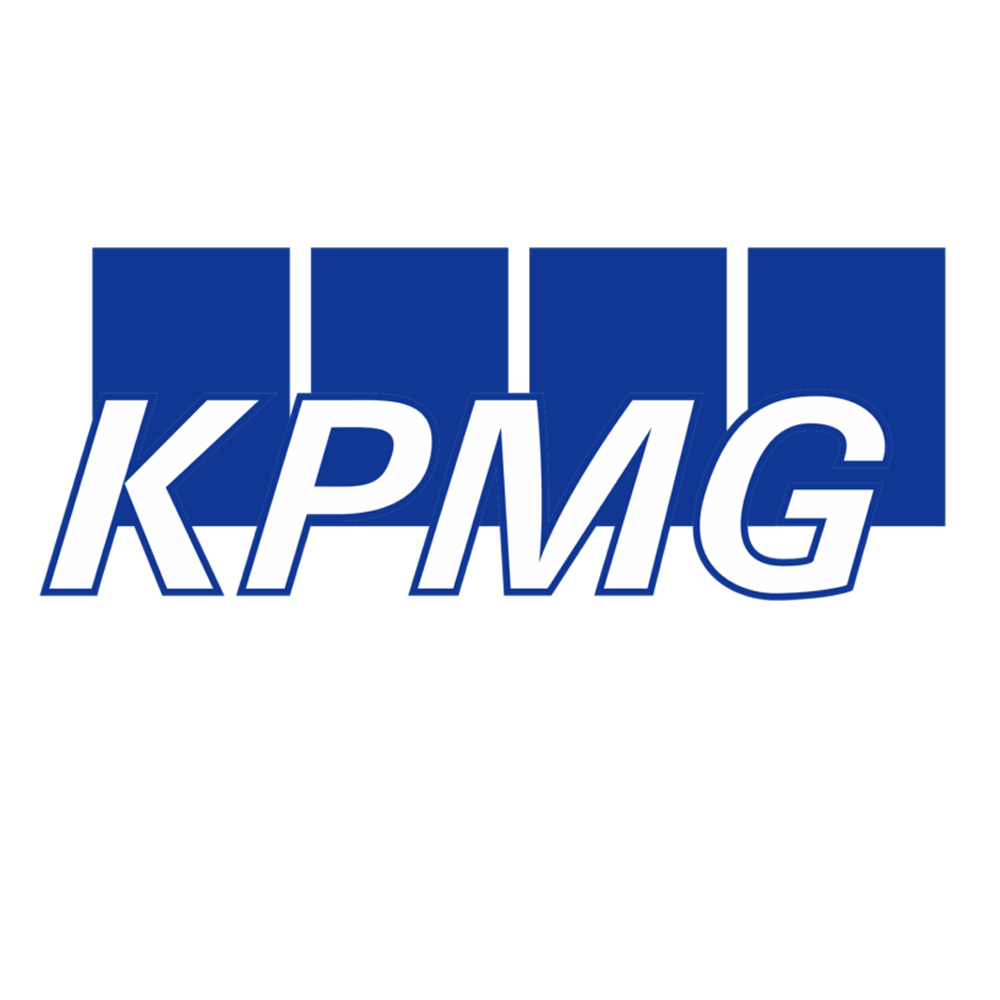 |
 |
 |
 |
 |
 |
 |
 |
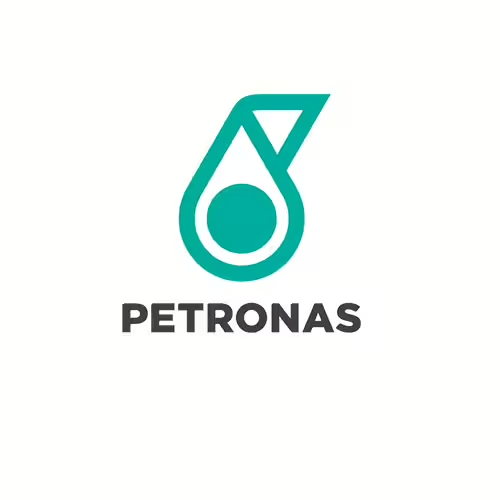 |
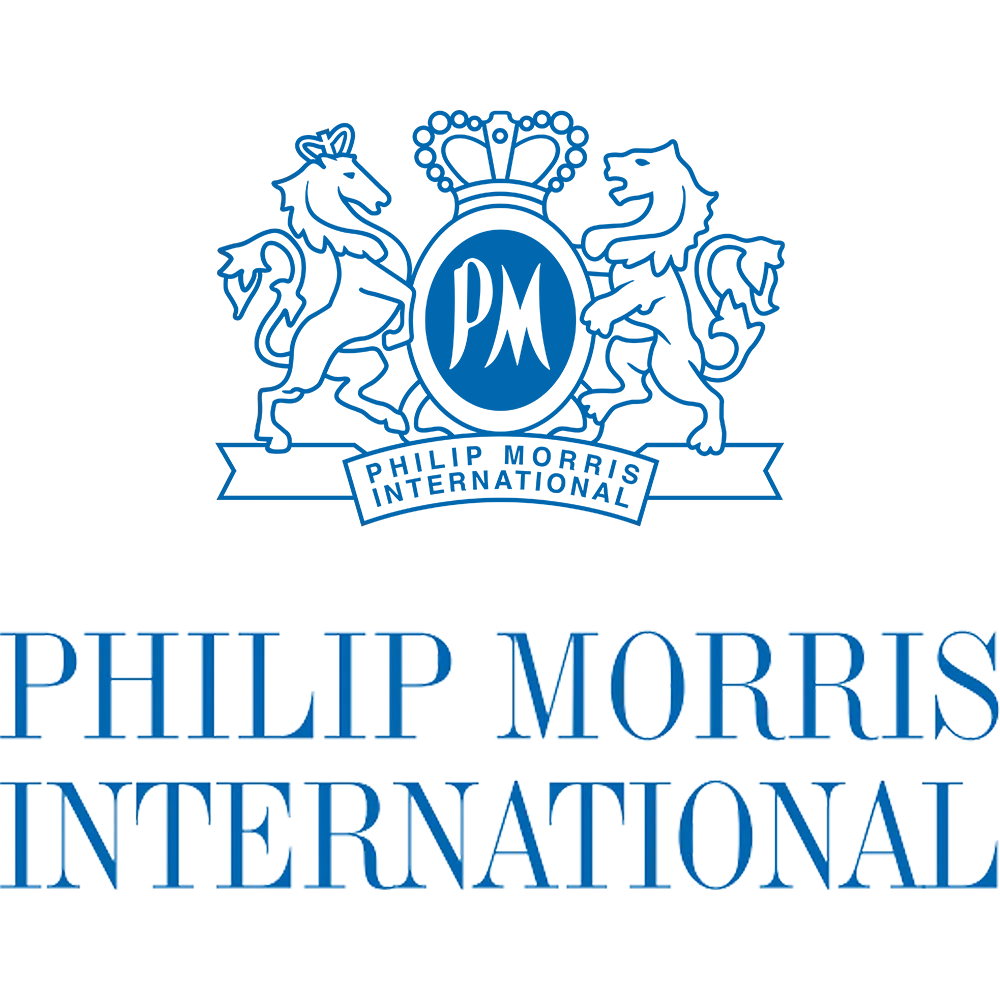 |
 |
 |
 |
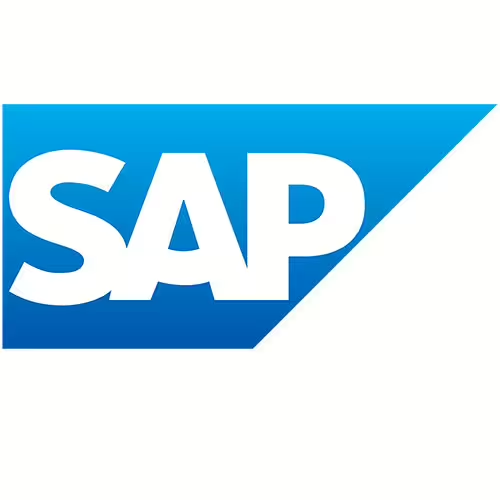 |
 |
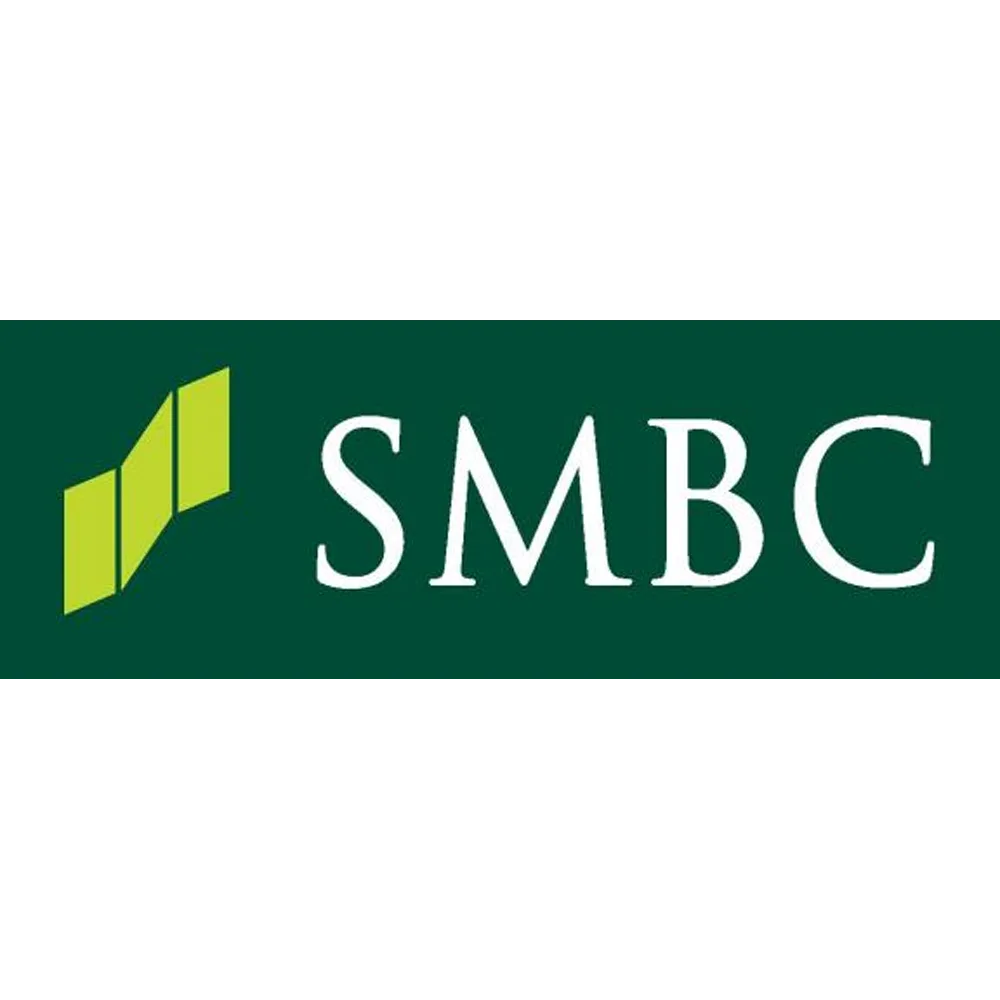 |
 |
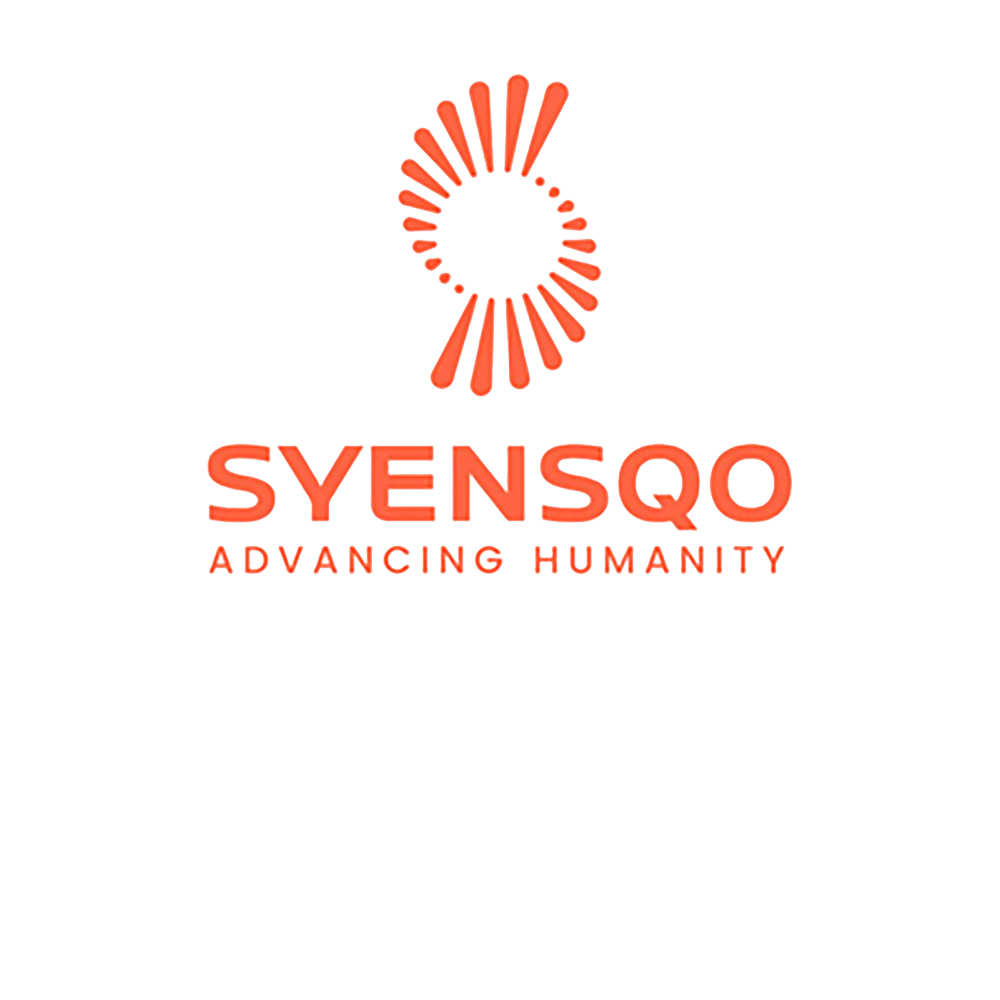 |
 |
 |
 |
 |
 |
 |
 |
 |
 |
 |
 |
 |
 |
 |
 |
 |
 |
 |
Other Partners involved
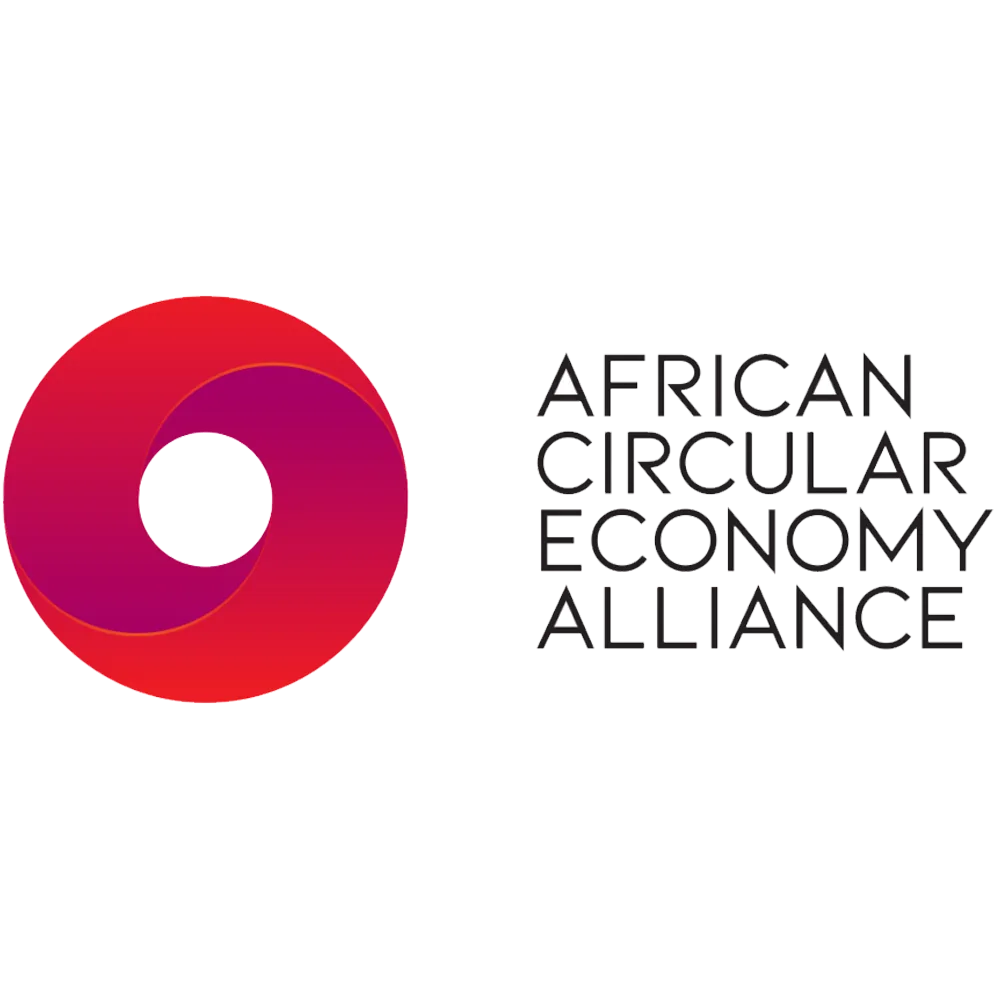 |
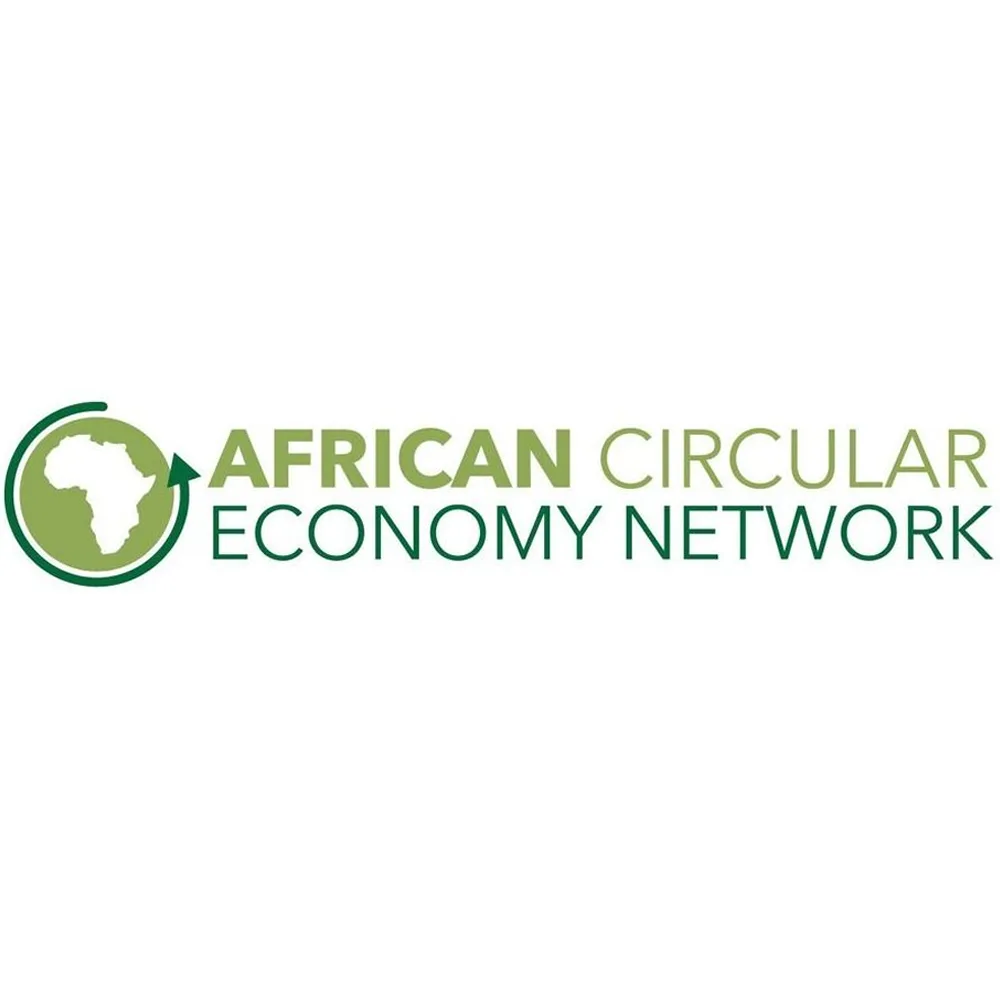 |
 |
 |
 |
 |
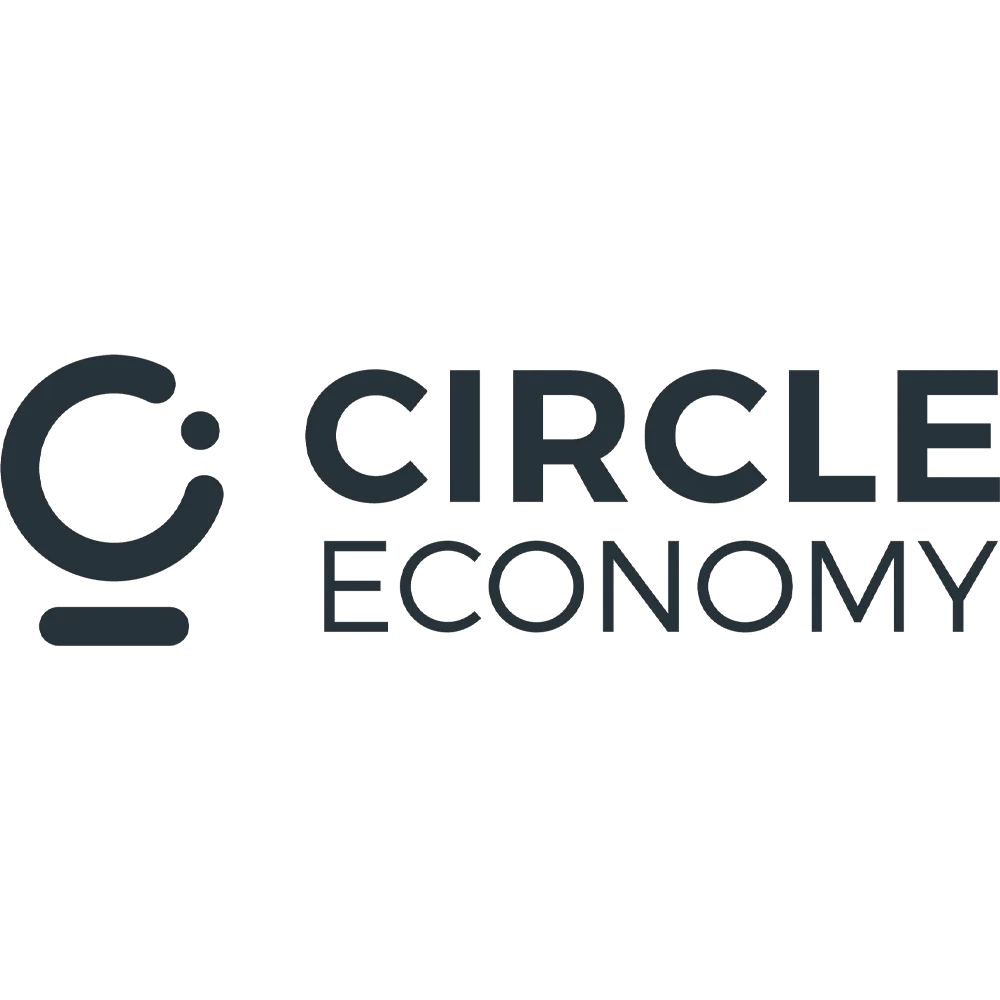 |
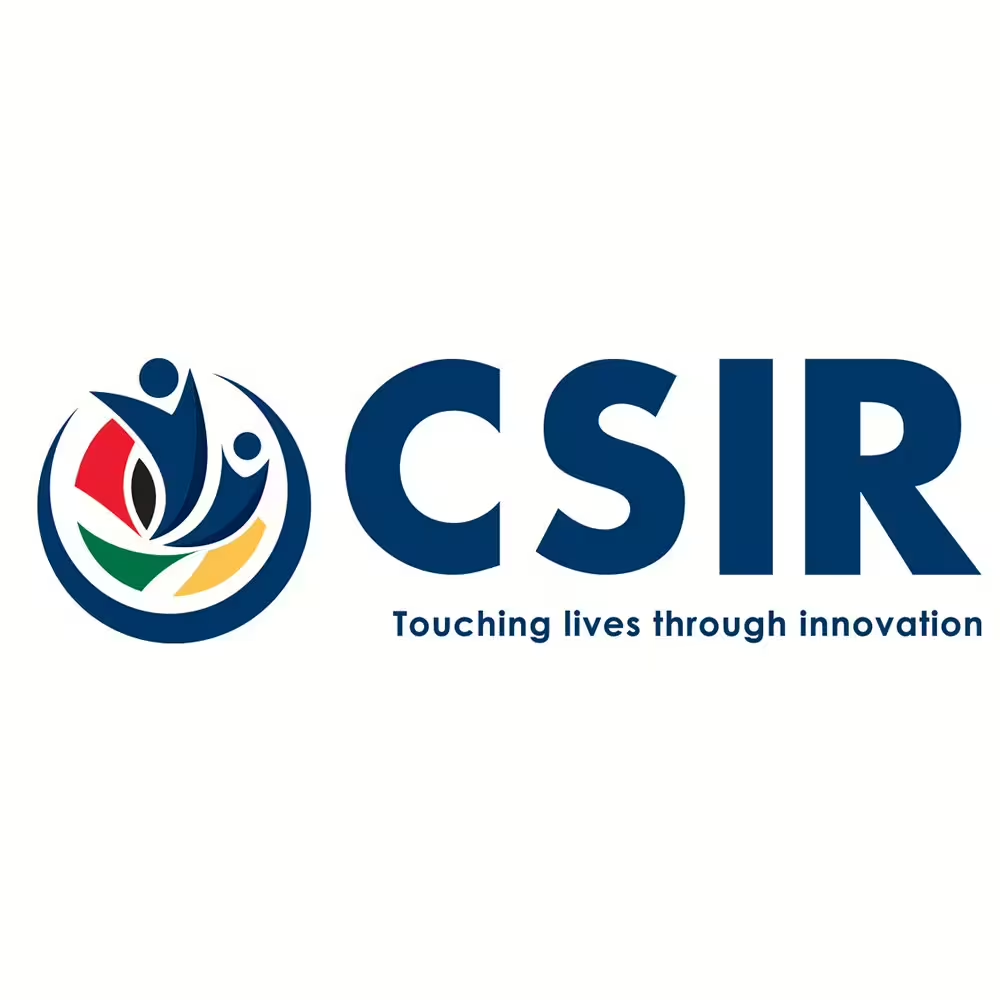 |
|---|---|---|---|---|---|---|---|
 |
 |
 |
 |
 |
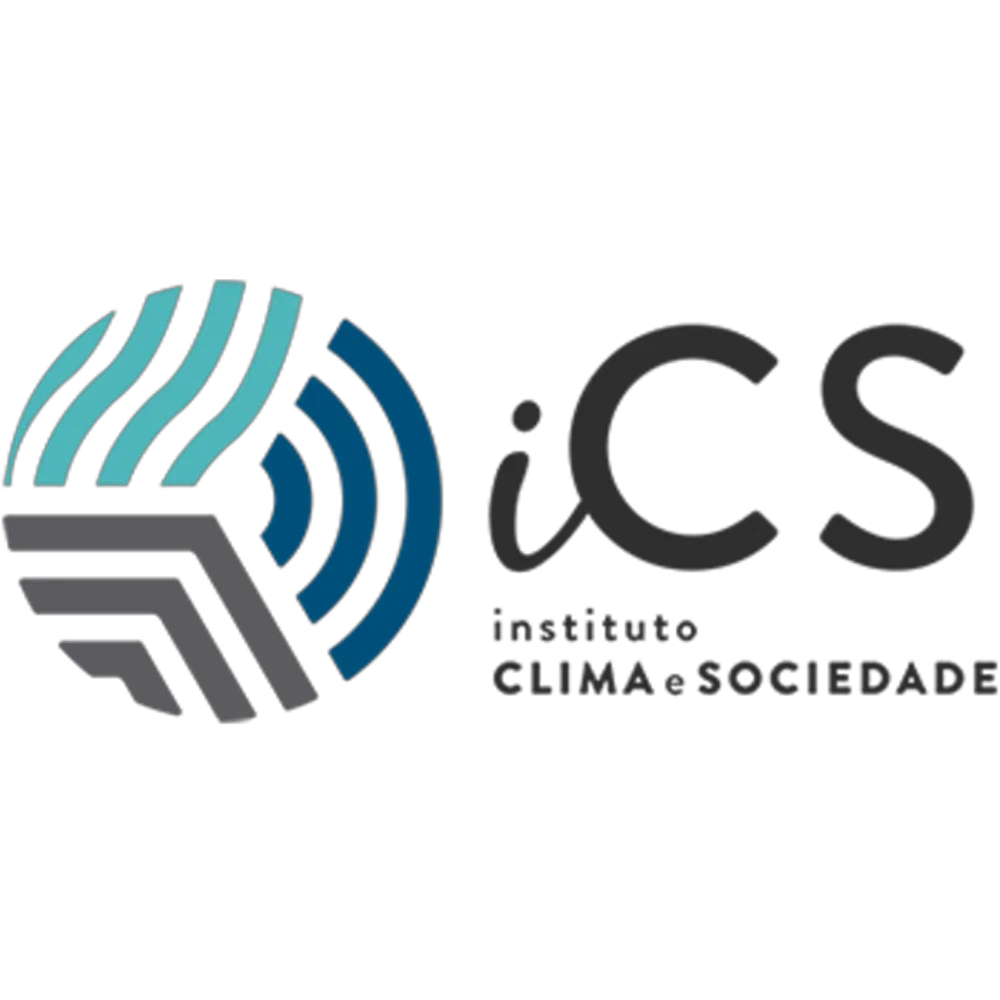 |
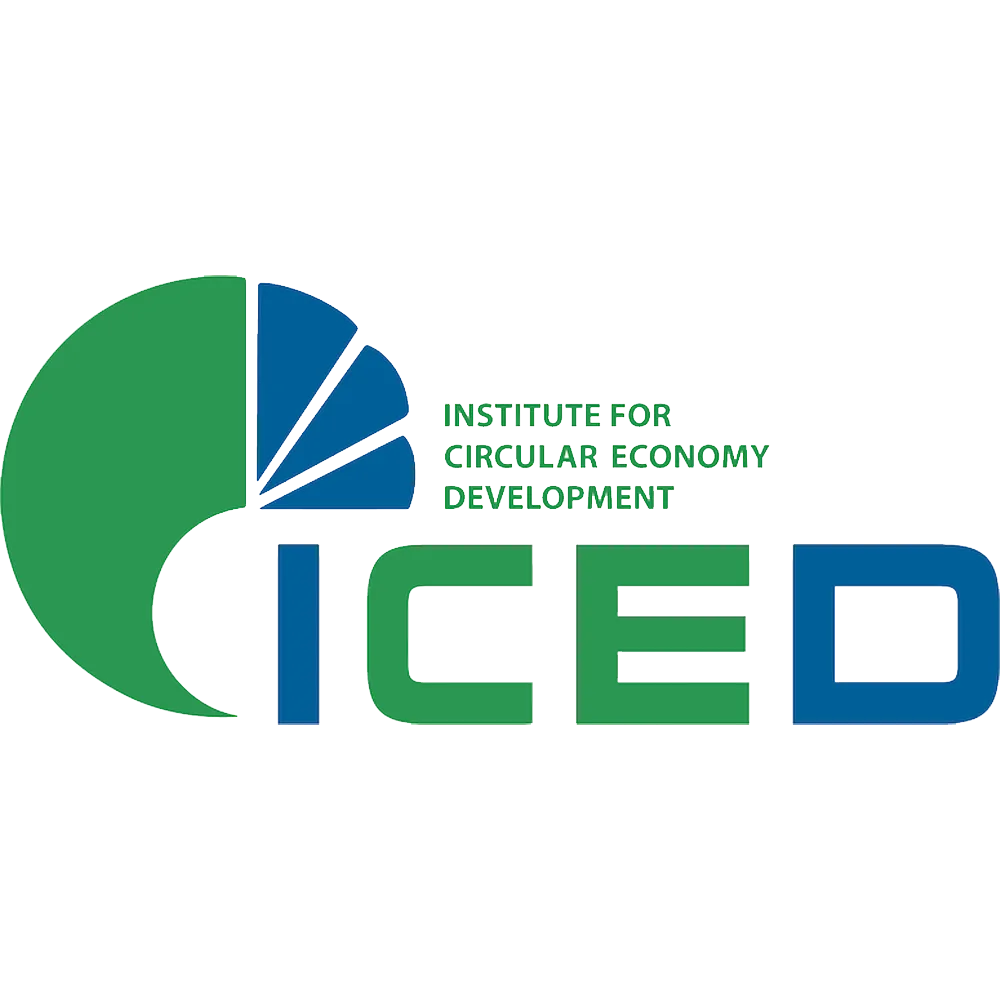 |
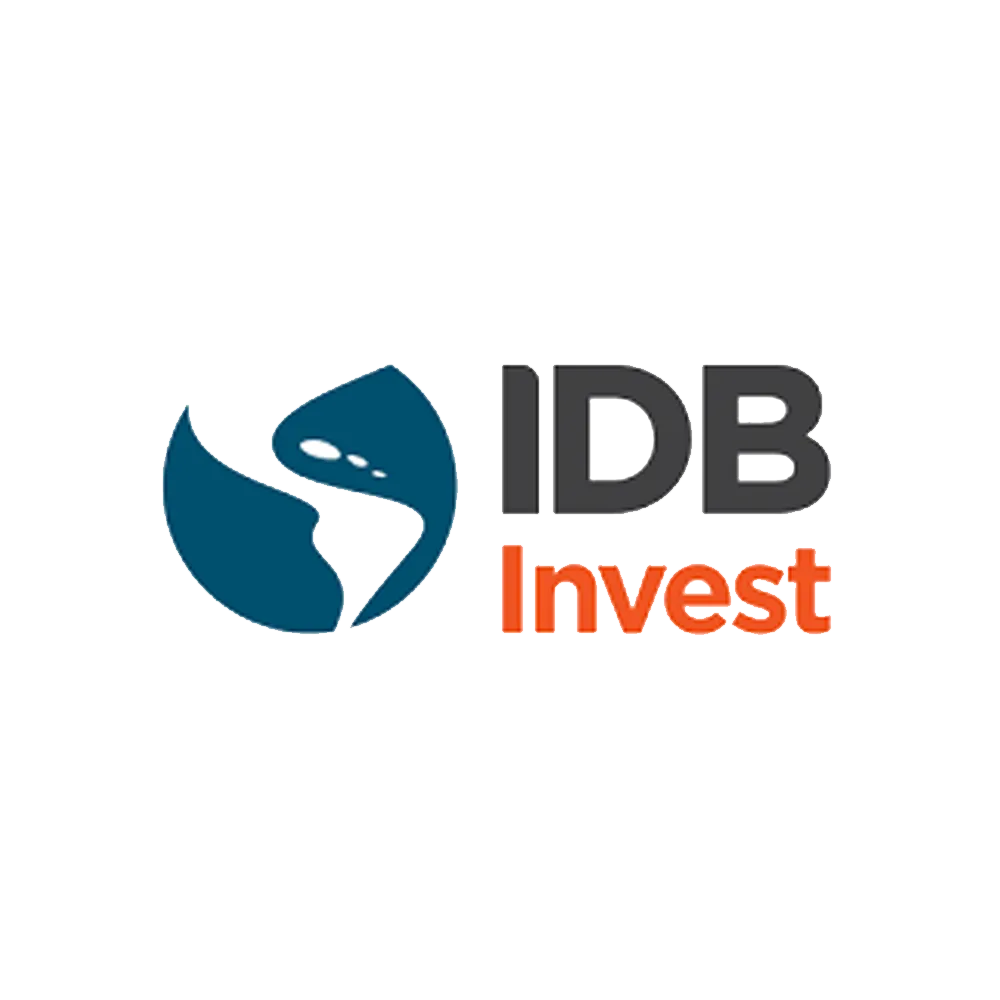 |
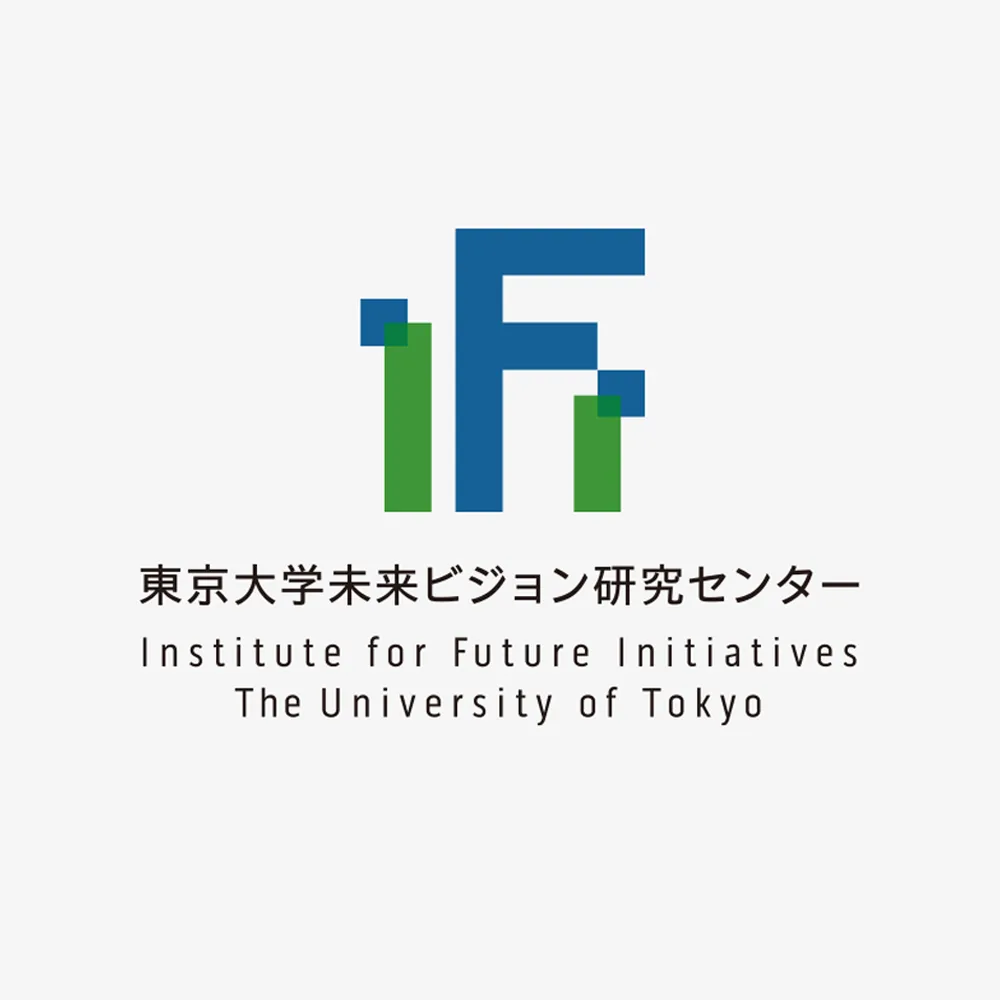 |
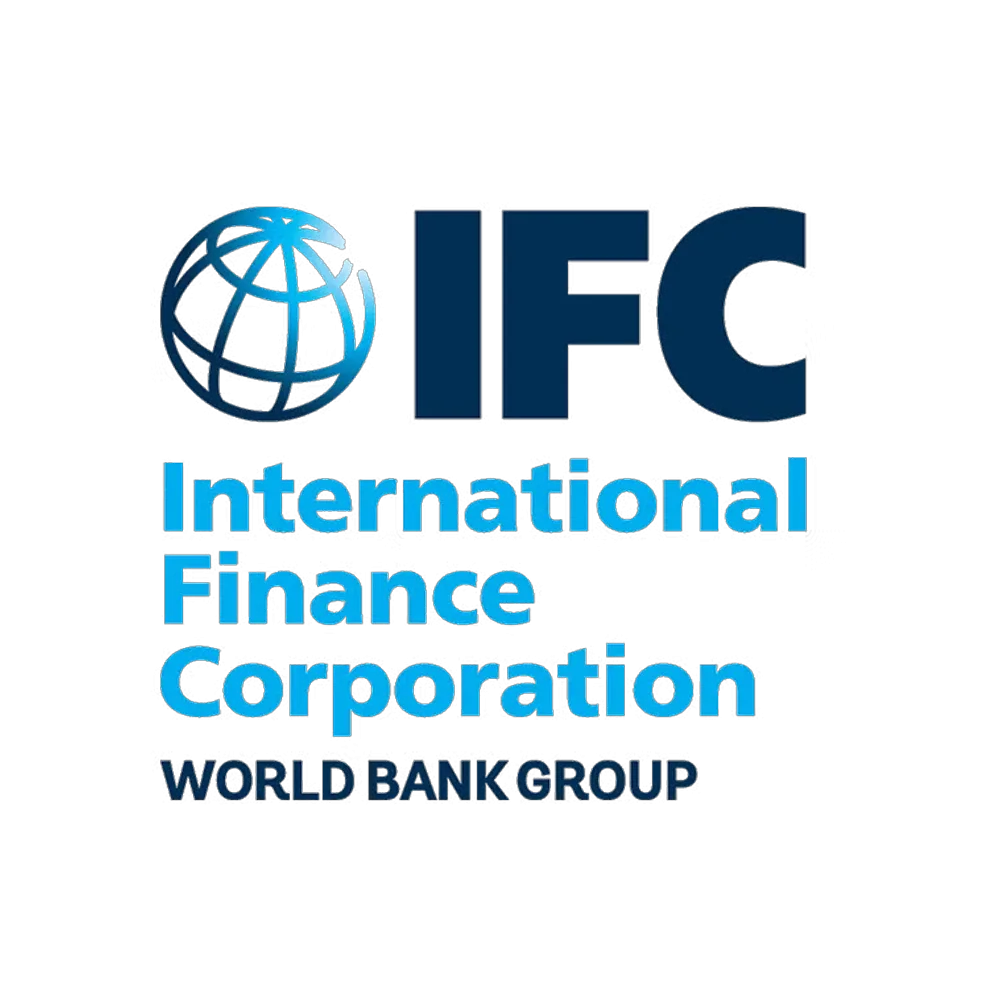 |
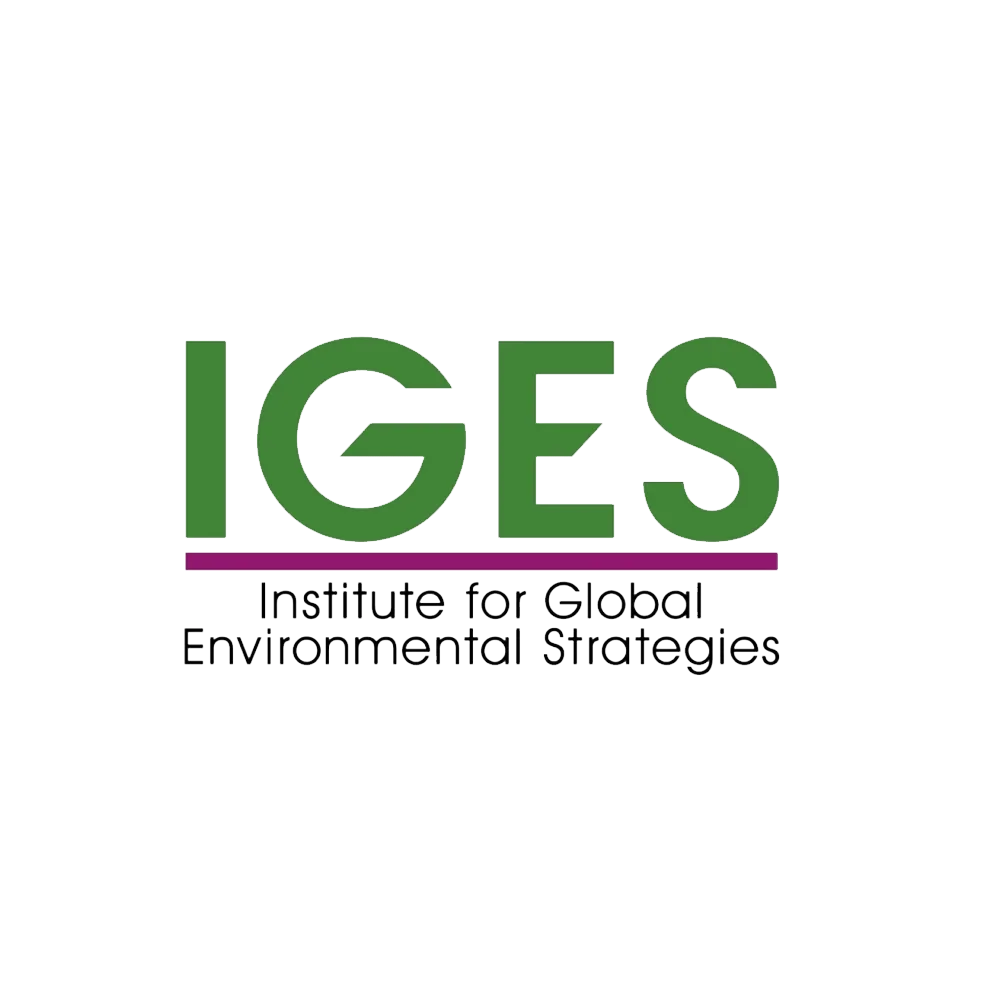 |
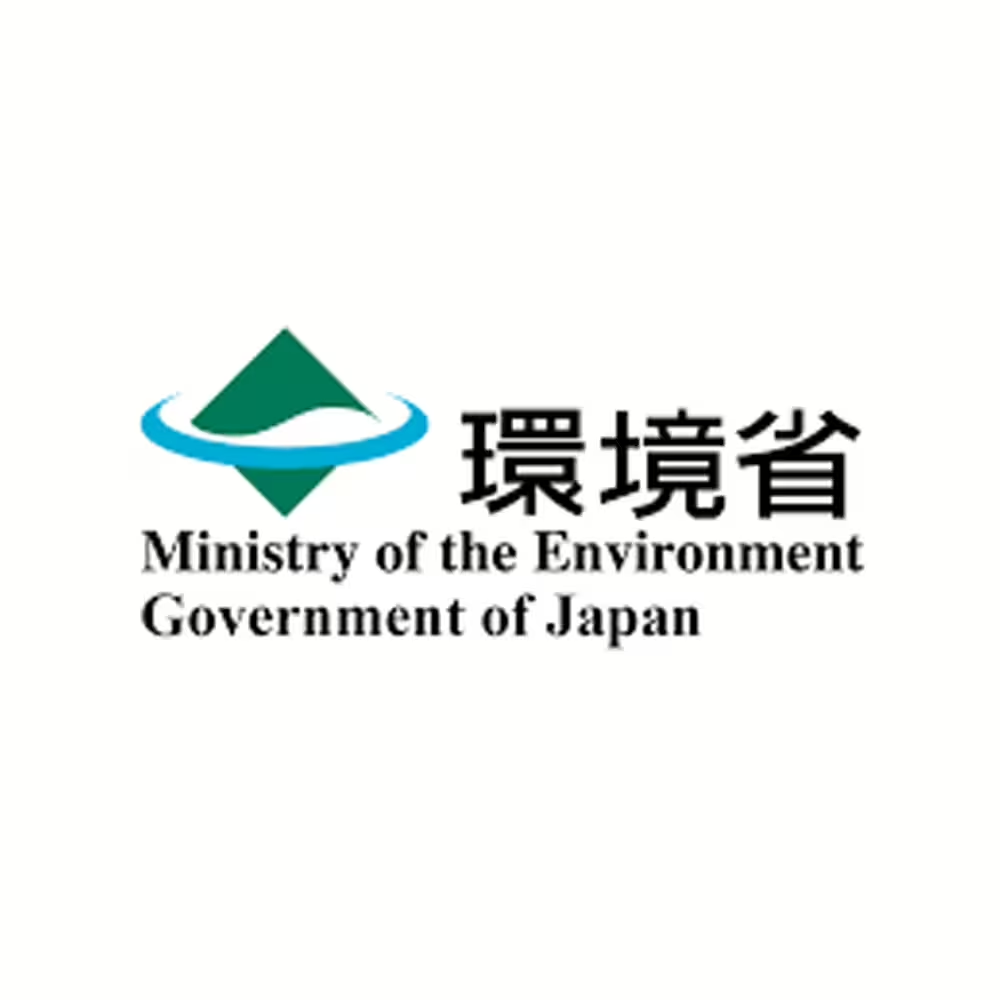 |
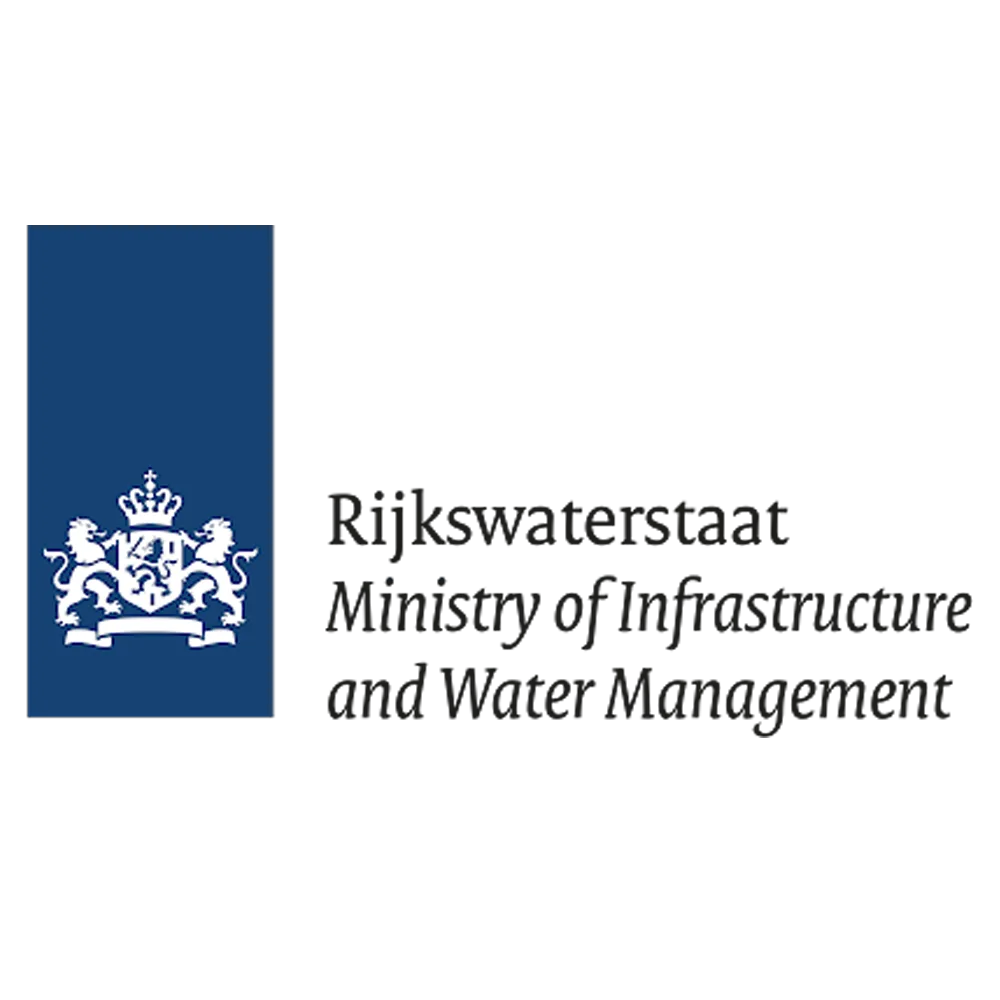 |
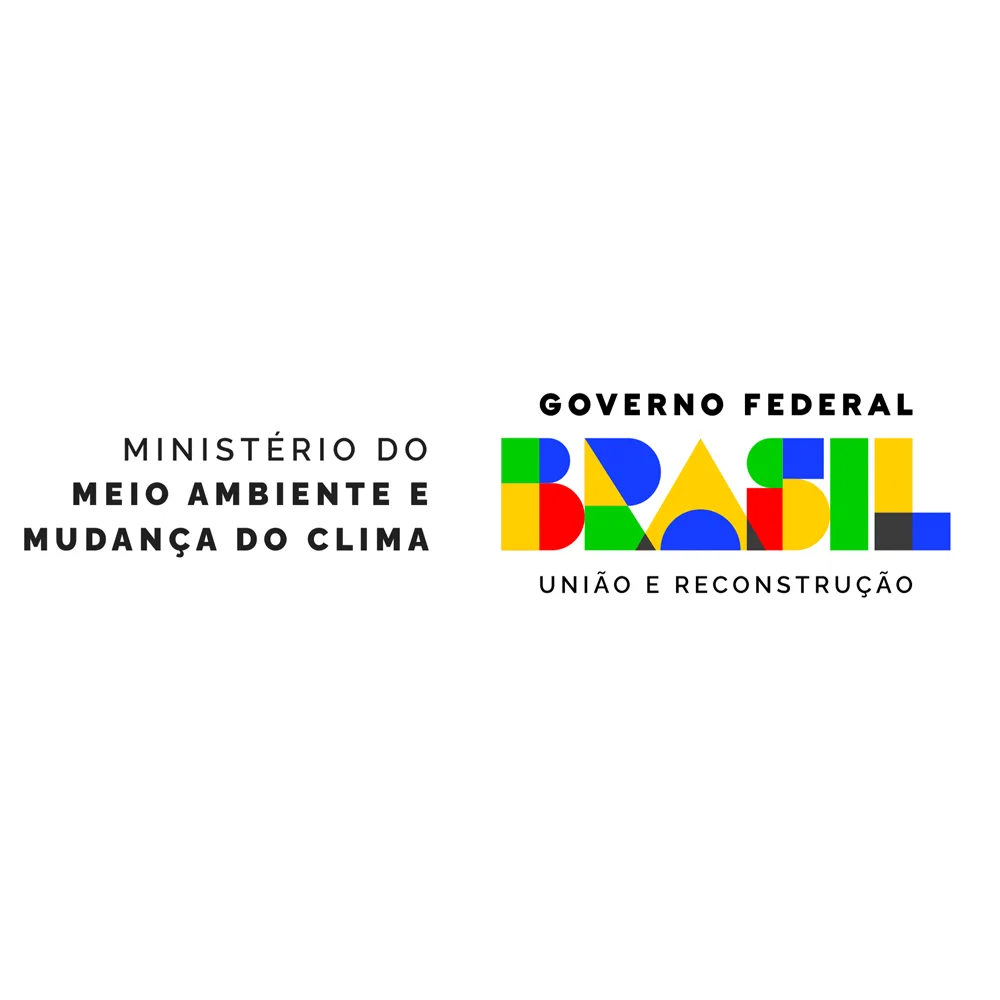 |
 |
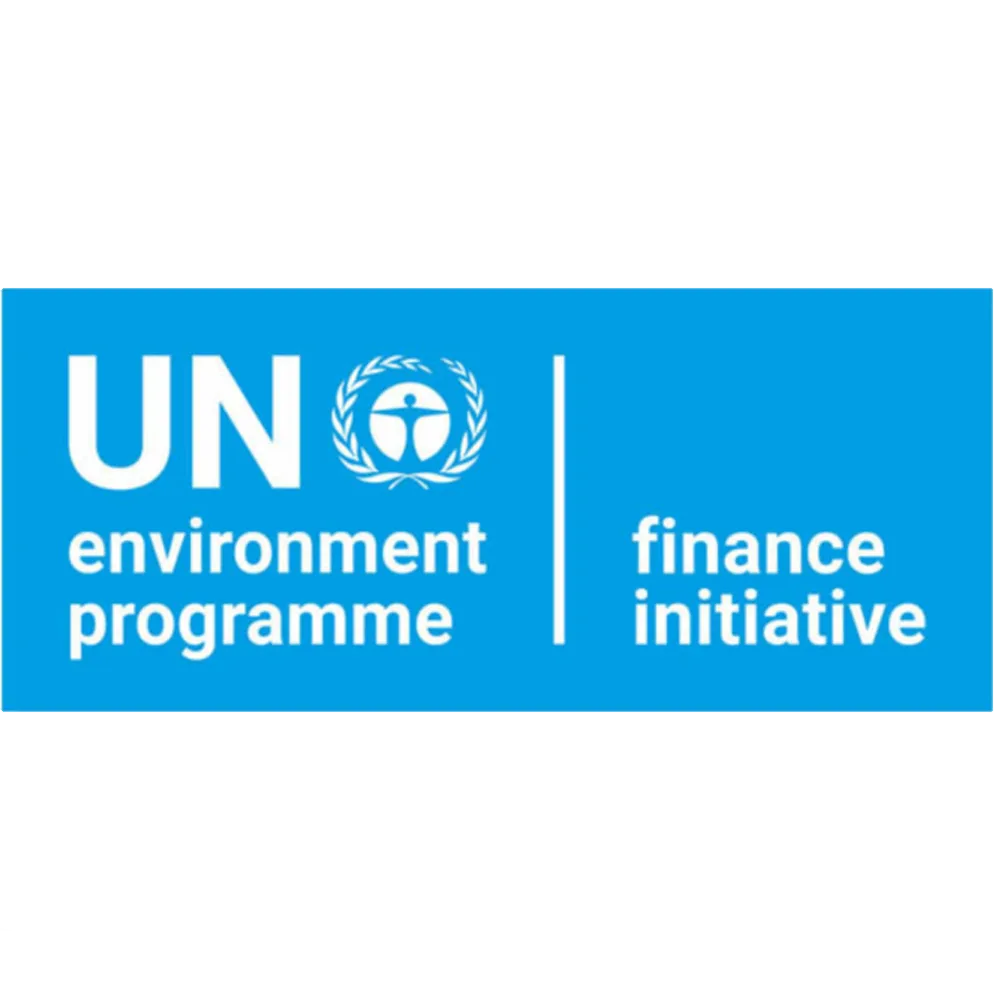 |
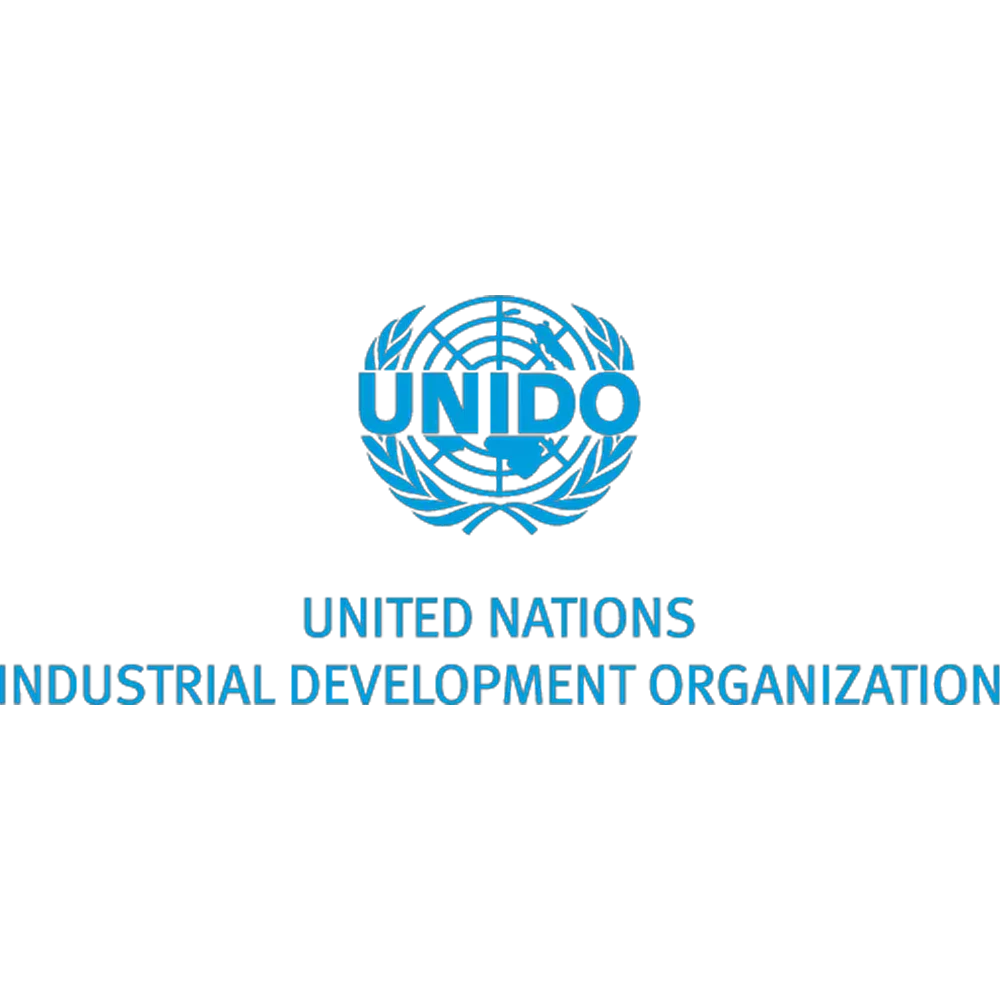 |
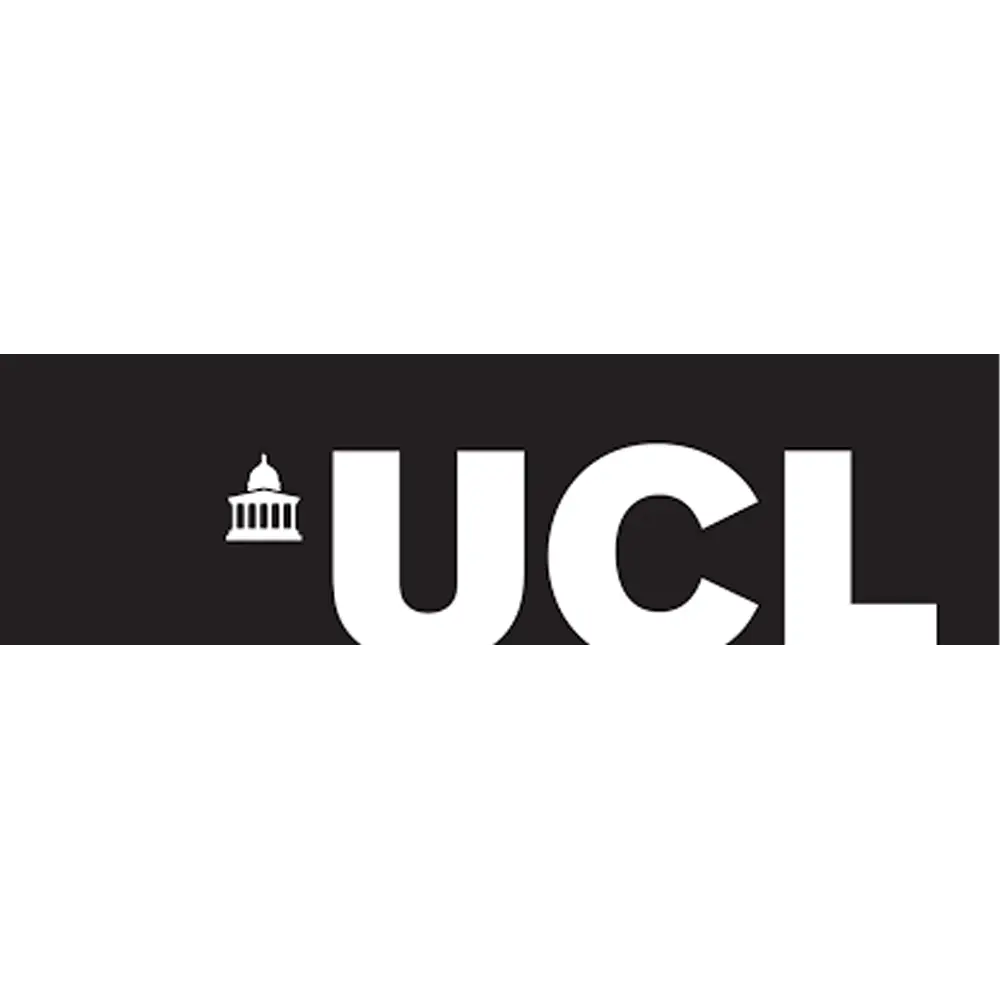 |
 |
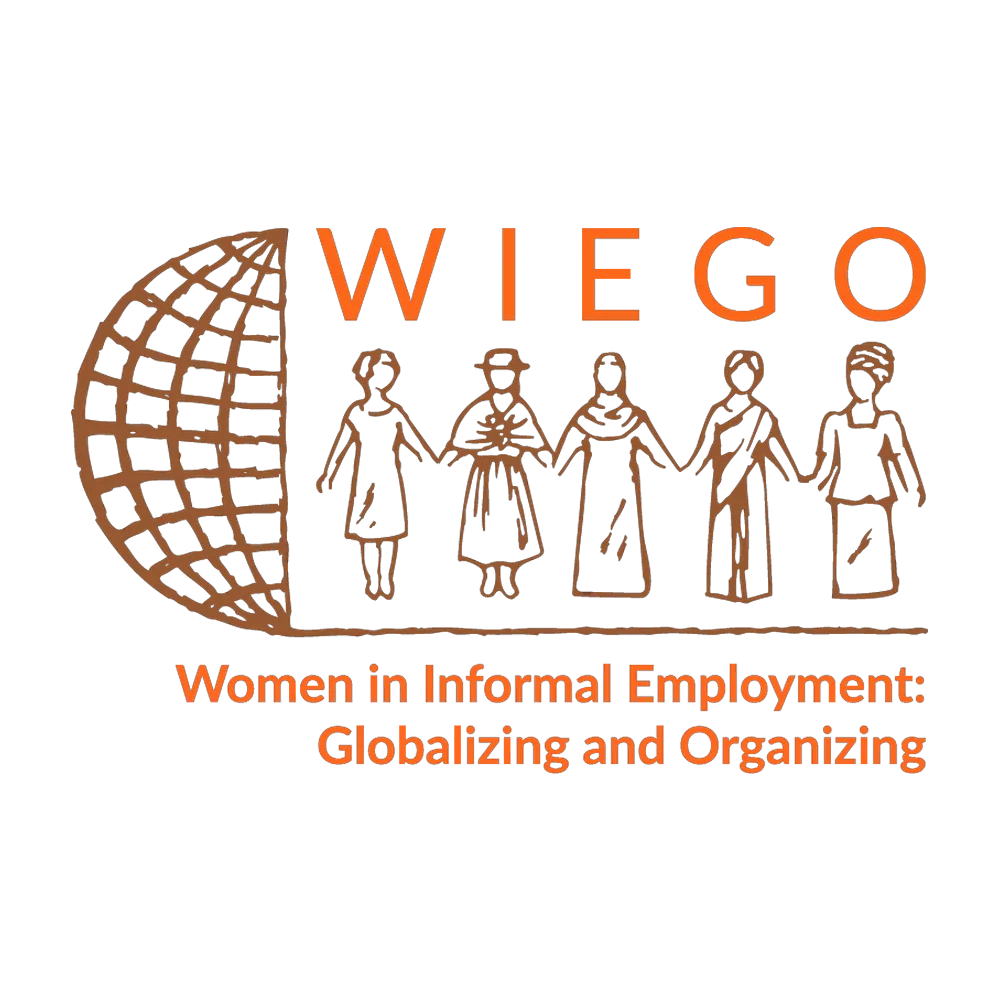 |
 |
Program Governance
To guarantee scientific rigor, credibility, independence and continuity, the Global Circularity Protocol for Business is anchored in a robust governance structure.
The advisory bodies provide strategic guidance and review the work co-developed by the Technical Working Group, which brings together more than 80 organizations and over 100 experts. At its core are three Advisory Committees – business, policy and scientific – each of which includes experts from diverse regions who provide technical and strategic input. The Steering Committee (ExCo), jointly represented by the WBCSD and One Planet Network (hosted by UNEP) as co-developers, oversee the GCP.
This governance model ensures balanced decision-making and trust by combining scientific integrity, business relevance and practical usability, while reflecting diverse stakeholder perspectives – including voices from both the Global North and South across business, policy and finance. In doing so, it safeguards the Protocol’s credibility, contextual applicability and long-term scalability.
Independent Scientific Advisory Committee
- • Dr. Janez Potočnik, Co- Chair , International Resource Panel (IRP)
- • Dr. Teresa Domenech, Founder Director , UCL Circular Economy Lab
- • Dr. Linda Godfrey, Principal scientist, CSIR
- • Dr. Naoko Ishii, Special Presidential Envoy for Global Commons
- • Dr. Heinz Schandl , Director, CSIRO’s Circular Economy for Missions Initiative
- • Dr. Nancy Bocken, Professor in Sustainable Business & Circular Economy, Maastricht University
Policy Advisory Committee
- • Dr. Victoria Santos, Coordinator of the Just Transition , Institute for Climate and Society (iCS)
- • Jérôme Stucki, Head of Circular Economy and Resource Efficiency unit , UNIDO
- • Dr. Patrick Schröder, Senior Research Fellow, Environment and Society Centre, Chatham House
- • Davinah Milenge, Chief Program Coordinator, Climate Change and Green Growth, African Development Bank
- • Paula Pelaez Zambrano, Director of Advisory MSME , Inter-America Development Bank Group (IDB Invest)
- • Carly Relou, Senior policy officer monitoring circular economy , Ministry of water and infrastructure, Netherlands
- • Lisa da Silva, Global Lead, Circular Economy Finance, IFC/ World Bank Group
- • Satoshi Yoshida, Director for International Resource Circulation and Circular Economy, Ministry Of Environment of Japan
- • Noelia Garcia Nebra, Head of Sustainability, ISO
- • Oliver Boachie, Special advisor to Minister, Ministry of Environment, Science, Technology & Innovation, Ghana
- • Hong-Quan Nguyen, Associate Professor , Vietnam National University – Ho Chi Minh
- • Sonia Dias, Waste specialist and coordinator of the Circular Economy Thematic Chamber, WIEGO and Brazil’s National Climate Change Forum (FBMC)
- • Adalberto Maluf, National Secretary of Urban Environment and Environmental Quality, Ministry of Environment and Climate Change, Brazil
- • Lisa da Silva, Global Lead, Circular Economy Finance, IFC/ World Bank Group
Business Advisory Committee
- • Harald Tepper, Leads the Circular Economy and EcoDesign Programs, Royal Philips
- • Jacob Rognhaug, VP Public Affairs, Head of Global Engagements , TOMRA
- • Bruno Pelli, Global Director in Mining Technical Services, Vale
- • Markus Reichling, General Manager, Circular Economy, Panasonic
- • Junya Shimizu, General manager, Toyota Motor Corporation
- • Hege Sæbjørnsen, Global Circular Strategy Leader, Ingka Group
Interested in learning more, want to get involved, or have any questions?
Resources
Meet the GCP Team
GLOBAL CIRCULARITY PROTOCOL and GCP are service marks of the WBCSD and may not be used for commercial purposes by any party unless specifically licensed by WBCSD.
